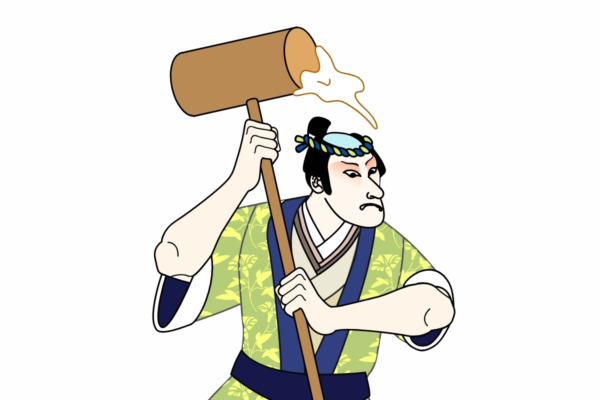Writing a research paper on Japanese culture can be an enriching experience, offering insights into a society known for its unique blend of tradition and modernity. However, the task can be daunting, given the richness and complexity of Japanese culture. Here’s a guide to help you navigate this fascinating topic and craft a compelling research paper.
Understanding the Scope

Begin by defining the scope of your paper. Japanese culture encompasses many topics – from traditional arts like tea ceremonies and ikebana (flower arranging) to contemporary Japanese cinema and pop culture. Decide whether you want to focus on a specific era, such as the Edo period, or explore a broader theme, like the influence of Shintoism on Japanese aesthetics. This initial decision will shape your research and writing, ensuring your paper is focused and coherent.
Consider what interests you most about Japanese culture and how that can be developed into a research question. For instance, if you’re fascinated by the samurai ethos, explore how it has influenced modern Japanese business practices. By narrowing your focus, you create a clear path for research on Japanese culture and analysis. And in case you need professional writing advice, pay to write research paper at Grabmyessay. Check how expert writers compose papers and follow their example.
Conducting Research

Research is the backbone of your paper. Utilise a variety of sources to gather comprehensive information. Academic journals, books, and reputable online resources are your best bets. Therefore, look for works by renowned experts in Japanese studies, like Ruth Benedict or Lafcadio Hearn. Be aware of resources like Japanese cultural centres or interviews with experts.
It’s essential to take meticulous notes and organise your sources. This will save you time when referencing and ensure your paper is well-supported with evidence. Moreover pay close attention to the historical context and socio-cultural factors influencing the aspects of Japanese culture you are exploring.

Your thesis statement is your paper’s guiding star. It should clearly articulate the main argument or analysis your paper will present. For example, if you’re examining the impact of Zen Buddhism on Japanese architecture, your thesis might be: “Zen Buddhism significantly influenced traditional Japanese architecture, as seen in the minimalist design and emphasis on harmony with nature.” Your thesis should be specific, arguable, and reflect the depth of your research. It sets the tone for your paper and provides a roadmap for your arguments.
Structuring Your Paper

A well-structured paper enhances readability and coherence. Typically, research on Japanese culture will include an introduction, body paragraphs, and a conclusion.
- Introduction: Introduce your topic, provide background information, and present your thesis statement.
- Body Paragraphs: Each paragraph should focus on a specific point or evidence supporting your thesis. For example, one paragraph could discuss the architectural features of Zen temples, while another could explore how these designs reflect Zen philosophies.
- Conclusion: Summarise your main points and restate your thesis in light of the evidence you’ve presented. You might also reflect on the broader implications of your findings or suggest areas for further research.
Writing Style

Keep your writing clear, concise, and straightforward. While Japanese culture can be intricate, your paper should aim to make the topic accessible. Avoid jargon or overly technical terms. Instead, use simple language to convey your ideas effectively.
Remember, your goal is to inform and engage your readers, not to impress them with complex vocabulary. Short sentences and clear, logical progressions of ideas will make your paper more readable and persuasive.
Citing Sources
Proper citation is crucial in academic writing. Whether you’re quoting directly or paraphrasing, you need to give credit to your sources. This not only bolsters the credibility of your paper but also helps you avoid plagiarism.
Choose a citation style (like APA, MLA, or Chicago) and stick to it consistently throughout your paper. Your citations should be accurate and complete, including authors, titles, publication dates, and pages where applicable.
Conclusion
Writing a research on japanese culture is an opportunity to delve into one of the world’s most fascinating societies. By defining a clear scope, conducting thorough research, and presenting your findings in a structured and accessible manner. Moreover you can create a paper that fulfils academic standards and enriches your understanding of Japan. Remember, the key to a successful research paper is detailed research, clear writing, and genuine interest in your subject.














































